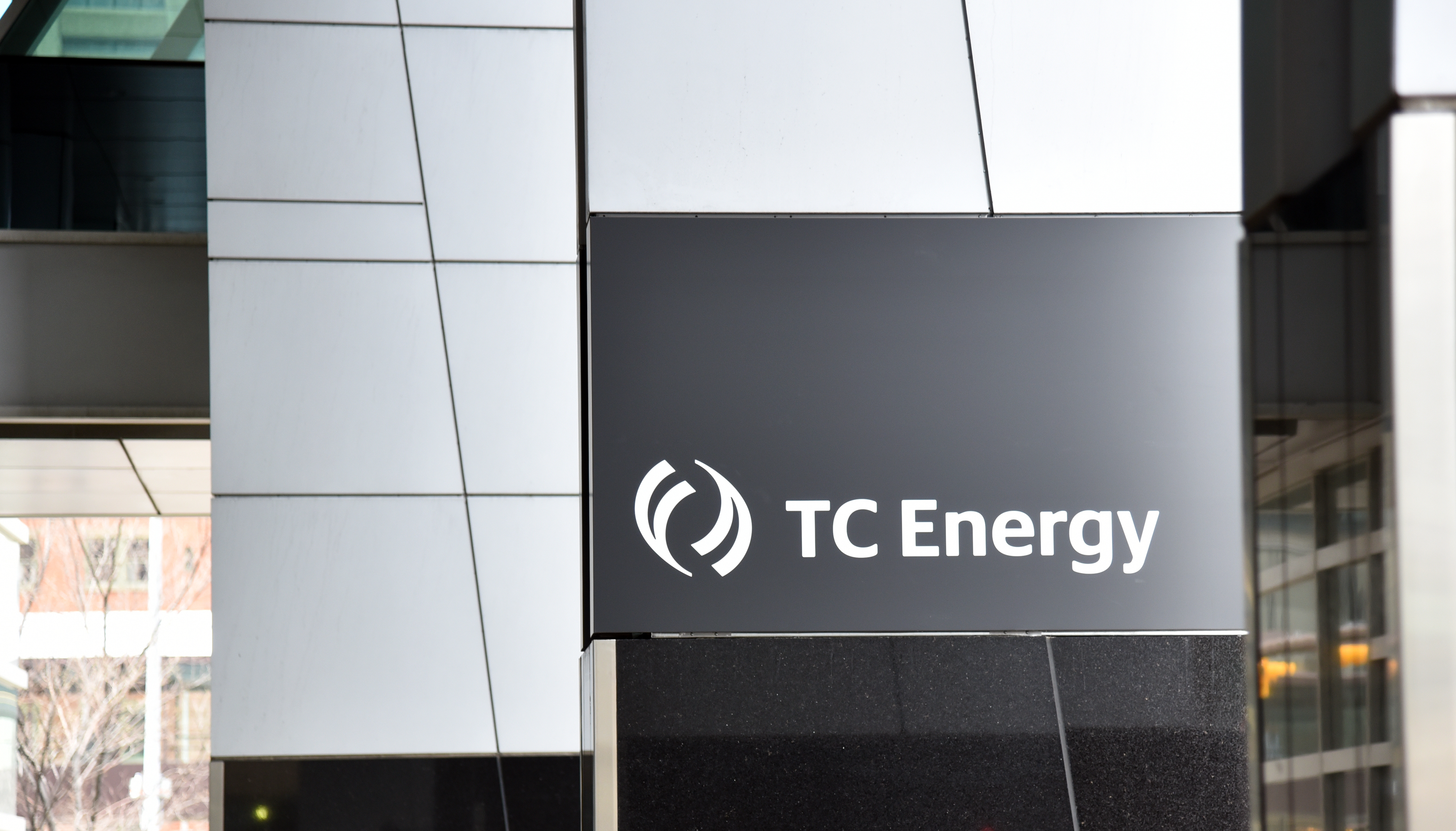Nikola, TC Energy to Jointly Develop Hydrogen Hubs in US, Canada
(Reuters) — Electric truck maker Nikola Corp and Canadian pipeline operator TC Energy said on Thursday they have agreed to collaborate on plans to build and operate large-scale hydrogen hubs to produce the fuel needed to operate Nikola vehicles.

Under the agreement, the two companies are planning to build plants in the United States and Canada and use the hydrogen fuel produced to power Nikola's Class 8 fuel cell electric vehicles (FCEVs) within the next five years.
The companies said they aim to build hubs producing 150 tons per day or more of hydrogen near busy truck routes. Calgary-based TC could use existing pipeline and storage assets to distribute hydrogen and ship carbon emissions from the hydrogen production process to permanent storage sites.
TC is one of North America's largest oil and gas pipeline companies and developer of the failed Keystone XL project. It has been looking to use its existing infrastructure to pursue energy transition opportunities, at a time when new fossil fuel pipelines are facing increasing environmental opposition.
"We believe this announcement reinforces the long-term value of TRP's pipeline infrastructure and steel in the ground with its ability to repurpose and support the energy transition, especially in the current difficult regulatory environment of building new pipelines," BMO Capital Markets analyst Ben Pham said in a note.
TC Energy shares were last up 0.4% on the Toronto Stock Exchange at C$61.61. Shares of Phoenix, Arizona-based Nikola were last up 0.6% at $10.91, having risen nearly 3% in early trade.
Last month Nikola signed a deal with Germany's Bosch Group to build Bosch fuel-cell power modules at the U.S. vehicle maker's facility in Coolidge, Arizona for two of its trucks powered by the FCEV technology.
Nikola, whose founder Trevor Milton was criminally charged with defrauding investors by lying to them about the company's products and technology, had halved its forecast for annual deliveries in August due to supply chain issues.
Related News
Related News

- Kinder Morgan Proposes 290-Mile Gas Pipeline Expansion Spanning Three States
- Enbridge Plans 86-Mile Pipeline Expansion, Bringing 850 Workers to Northern B.C.
- Three Killed, Two Injured in Accident at LNG Construction Site in Texas
- Tallgrass to Build New Permian-to-Rockies Pipeline, Targets 2028 Startup with 2.4 Bcf Capacity
- TC Energy Approves $900 Million Northwoods Pipeline Expansion for U.S. Midwest
- U.S. Pipeline Expansion to Add 99 Bcf/d, Mostly for LNG Export, Report Finds
- Enbridge Adds Turboexpanders at Pipeline Sites to Power Data Centers in Canada, Pennsylvania
- Great Basin Gas Expansion Draws Strong Shipper Demand in Northern Nevada
- Cheniere Seeks FERC Approval to Expand Sabine Pass LNG Facility
- Heath Consultants Exits Locate Business to Expand Methane Leak Detection Portfolio




Comments